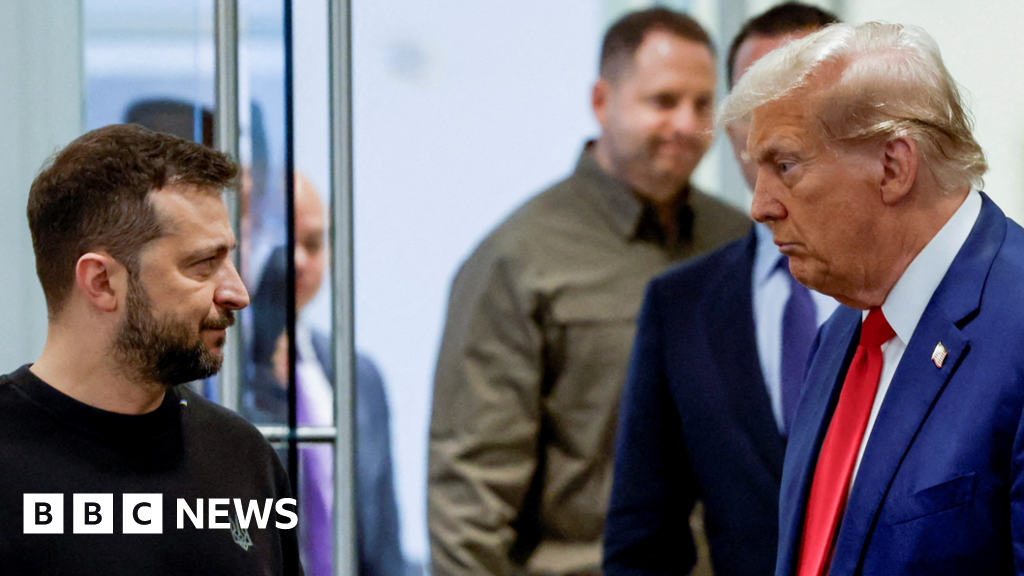ROME -- Italian lawmakers on Friday questioned the head of Stellantis, the world's fourth largest automaker, over the group’s strategy, one day after it announced a management shakeup in an effort to revive sales.
Stellantis, which makes Jeep and Chrysler vehicles, is struggling globally, with the Italian government demanding clarity about its production plans for the country. It also faces a national metal workers strike called by Italy’s main unions for Oct. 18, with a massive demonstration expected in Rome.
The group has been under fire following a concerning profit warning in which the company said it expected to finish the year with a negative cash flow of up to 10 billion euros ($11.2 billion).
Speaking in front of a parliamentary committee on Friday, Stellantis CEO Carlos Tavares stressed that European Union carbon emission rules impose 40% higher costs on the struggling car-making industry.
He added that European customers are reluctant to buy expensive electric vehicles, while Chinese competitors can leverage on additional cost advantages.
Tavares, whose leadership has recently come under scrutiny, said the sector is under pressure due to a constant change in technologies. “This can generate anxiety, especially when fast and profound … But we at Stellantis have a very clear roadmap for carrying forward this change,” he said.
Tavares has also been under fire from U.S. dealers and the United Auto Workers union after a dismal financial performance this year, caught off guard by too many high-priced vehicles on dealer lots. He has been trying to cut costs by delaying factory openings, laying off union workers and offering buyouts to salaried employees.
Italian lawmakers pointed to a significant cutback in car manufacturing in Italy, which threatens the country’s once prosperous automotive industry.
Stellantis, which was created in 2021 from the merger of Fiat-Chrysler with PSA Peugeot, registered a sharp drop in output at most of its Italian plants in the first half of 2024. Over the past 17 years, the carmaker has slashed its Italian production by nearly 70%.
Tavares was invited by lawmakers to explain how he intends to reverse the decline of Italy's car industry.
“The cost of energy here is very high," he said. "It is double that of Spain, and this is a significant disadvantage,” he noted, calling for political leaders to provide responses on how to manage the cost increase.
Calling for additional state incentives for the struggling electric cars sector, Tavares said: “We are not asking for money for ourselves, we are asking you to help your citizens, so that they can buy vehicles they can afford.”
However, several parliamentarians — mainly from the center-left opposition — blasted Tavares’ hearing as “disappointing.”
Giuseppe Conte, leader of the 5-Star party, noted that Stellantis’ CEO “didn’t say anything about the future of our factories, nothing specific regarding investments in research, technology and development.”
Meanwhile, Democratic Party leader Elly Schlein said that her party will support the autoworkers’ strike.
“We ask that Stellantis discuss with the trade unions and the workers. It cannot be them who bear the costs of what is happening,” she said.
In the latest management shakeup announced Thursday, Stellantis' chief financial officer Natalie Knight will be replaced by Doug Ostermann, the company’s chief operating officer in China. Stellantis also appointed new chief operating officers in North America and in Europe.
The group in September announced that it was looking for a successor for Tavares, 66, as part of a planned leadership change. Tavares’ five-year contract was a little over a year from its expiration date in 2026, but the company hinted at the time it was possible he might remain in the job beyond that.

 1 month ago
4
1 month ago
4










 English (US) ·
English (US) ·